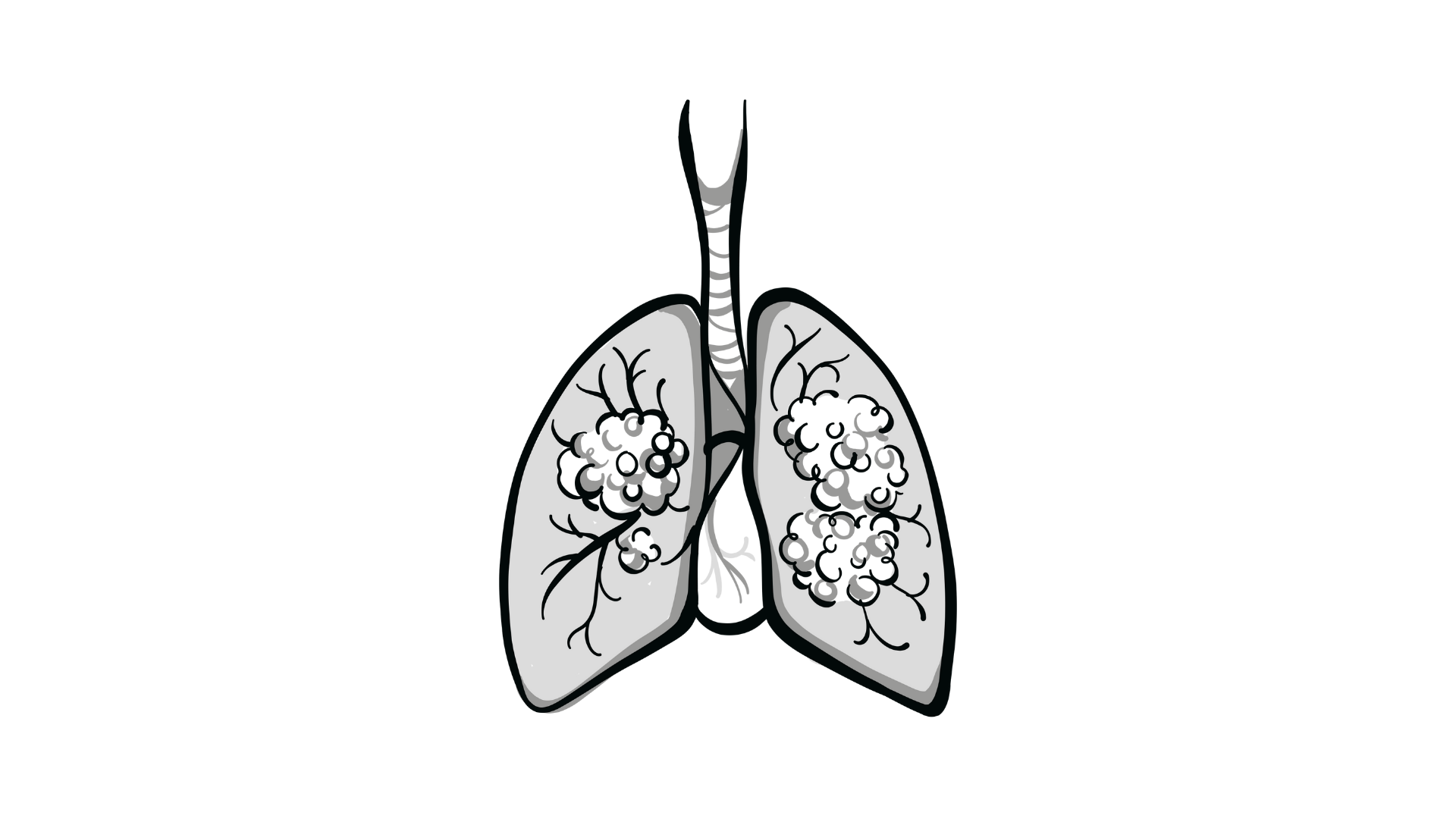The Targeted Pulse: Dostarlimab Achieves 100% Clinical Complete Response, FDA Acknowledges BLA for Zolbetuximab, and More
In clinical trials, dostarlimab continues to show a 100% CR in dMMR rectal cancer, camrelizumab plus rivoceranib improved survival in untreated uHCC, lorlatinib provided durable PFS in ALK+ lung cancer. We also cover the acknowledged BLA for zolbetuximab and the meaningful PFS achieved with ibrutinib/venetoclax in CLL/SLL.

Dostarlimab Continues its Homerun Stretch In dMMR Colorectal Cancer
Last year the PD-1 inhibitor, dostarlimab-gxly (Jemperli), went 12 for 12, with a 100% clinical complete response (cCR) rate in patients with locally advanced mismatch repair–deficient (dMMR) rectal cancer. Updated findings from a phase 2 trial (NCT04165772), presented at the 2024 American Society of Clinical Oncology (ASCO) Annual Meeting, showed that all 42 patients who completed treatment with dostarlimab had no evidence of tumors. Included patients had stage II or III rectal cancer with confirmed dMMR per immunohistochemistry. Investigators in the ongoing, global, single-arm, phase 2 AZUR-1 trial (NCT05723562) seek to confirm these data.
“[The] cCRs are durable over 2 years, and no patients have required chemotherapy, radiation, or surgery,” lead study author Andrea Cercek, MD, section head of Colorectal Cancer and co-director of the Center for Young Onset Colorectal and Gastrointestinal Cancers at Memorial Sloan Kettering Cancer Center in New York, New York, said in an oral presentation at the meeting.
Camrelizumab Plus Rivoceranib Triumphs Over Sorafenib in Untreated uHCC
Rivoceranib plus camrelizumab demonstrated superior overall survival when compared with sorafenib (Nexavar) in patients with advanced, unresectable hepatocellular carcinoma (HCC). These data were from the phase 3 CARES-310 trial (NCT03764293) presented at the 2024 ASCO meeting.
“The extended follow-up further confirmed the favorable benefit-to-risk profile of camrelizumab plus rivoceranib, supporting it as a new first-line treatment option for unresectable HCC,” lead author, Arndt Vogel, MD, stated in the poster presentation of data. Vogel serves as a professor of medicine at the University of Toronto and a clinician scientist in the University Health Network, at the Toronto Centre for Liver Disease, and is the Longo Family Chair in Liver Cancer Research in the Division of Gastroenterology and Hepatology at Toronto General Hospital/Princess Margaret Cancer Center in Canada.

5-year Follow-Up Data Show Durable PFS With Lorlatinib in ALK+ Lung Cancer
Investigators reported that lorlatinib (Lorbrena) compared with crizotinib (Xalkori) achieved the longest progression-free survival (PFS) ever achieved in advanced non-small cell lung cancer. Data from the phase 3 CROWN trial (NCT03052608) were presented during the 2024 ASCO Annual Meeting and show that lorlatinib can prevent progression of existing brain metastases and new brain metastases, according to Benjamin J. Solomon, MBBS, PhD.
“These results represent the most significant PFS benefit that has been reported in ALK-positive lung cancer to date. Overall survival [OS] follow-up is ongoing as insufficient survival events have been reached to trigger the protocol-specified analysis for OS,”. Solomon said in a presentation of the data. Solomon is a medical oncologist at Peter MacCallum Cancer Centre in Melbourne, Australia.
Zolbetuximab Receives BLA Acknowledgment in HER2-, CLDN18.2+ Gastric/GEJ
The FDA has acknowledged the resubmitted biologics license application (BLA) for zolbetuximab (Vyloy) in locally advanced unresectable or metastatic HER2-negative gastric or gastroesophageal junction (GEJ) adenocarcinoma whose tumors are claudin (CLDN) 18.2 positive. The submission of the BLA is supported by data from the phase 3 SPOTLIGHT (NCT03504397) and GLOW (NCT03653507) studies. A new target action date of November 9, 2024, has been set in lieu of the acknowledged BLA.
The SPOTLIGHT study compared the combination of zolbetuximab plus oxaliplatin, leucovorin, and fluorouracil (mFOLFOX6) vs placebo plus mFOLFOX6 in patients with CLDN18.2-positive, HER2-negative locally advanced unresectable or metastatic gastric/GEJ adenocarcinoma. The GLOW study compared zolbetuximab plus capecitabine and oxaliplatin (CAPOX) vs placebo plus CAPOX.

Ibrutinib With Venetoclax Show Meaningful PFS in CLL/SLL At 5-Year Follow-Up
Five-year follow up data show that the combination of Ibrutinib (Imbruvica) with venetoclax (Venclexta) achieved clinically meaningful PFS and deep remission rates for patients with chronic lymphocytic leukemia and/or small lymphocytic lymphoma. Results from the phase 2 CAPTIVATE trial (NCT02910583) show that patients can be retreated safely with ibrutinib alone or given in combination with venetoclax after relapse.
“This is a treatment that is convenient for community doctors because it is all oral, so we do not need to infuse anything [intravenously]. It is convenient and easy. You start with ibrutinib, Bruton tyrosine tinase inhibitors, oral therapy, you do not need to see the patient for many weeks, and that debulks the patient so that when you start venetoclax 3 months later, then the patient is low risk,” Paolo Ghia, MD, PhD, said in an interview with Targeted Oncology. Ghia is deputy director of the Division of Experimental Oncology in San Raffaele Scientific Institute in Milan, Italy, full professor of medical oncology, a group leader in the B-cell Neoplasia Unit, and the head of the Strategic Research Program on CLL at the Università Vita Salute San Raffaele.
Thank you for joining us for this week’s Targeted Pulse. Look out for more recaps to come.







